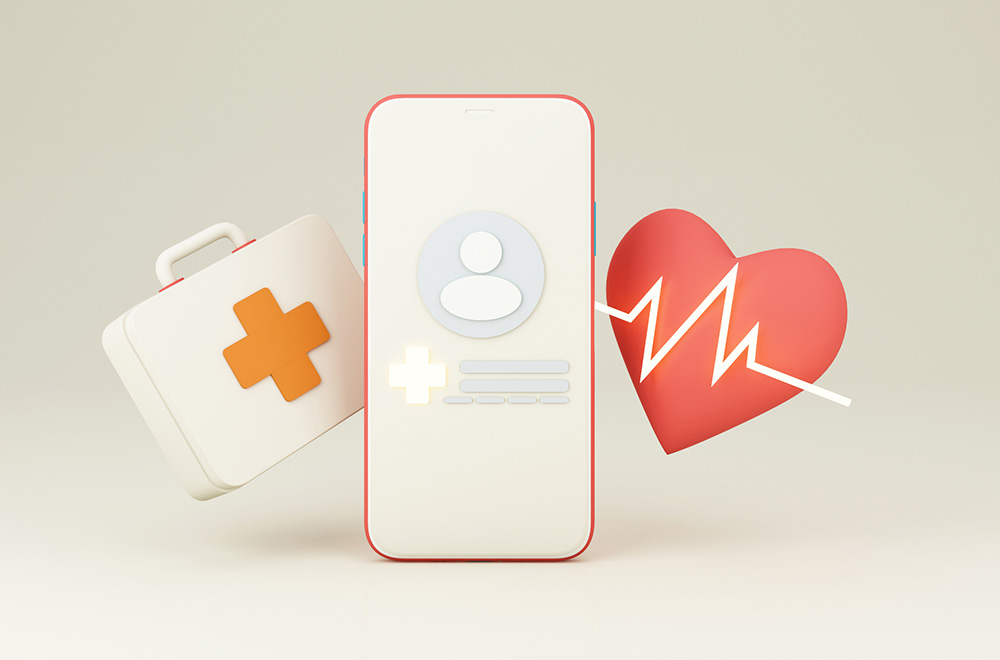Some people with epilepsy find it helpful to consider an alarm, or monitor, that can alert family or friends when someone has a seizure.
Assessing your safety
If your seizures are controlled by treatment, your safety may not be affected. But if you continue to have seizures, safety may be an issue for you. Completing a risk assessment can help you to identify practical ideas to make activities safer.
Your local social services can complete a 'needs assessment', which looks at your safety at home. Needs assessments are usually carried out by an occupational therapist (OT) who will visit you at home. This might identify the need for support or safety equipment, such as an alarm.
Bed seizure alarms, fall call alarms and personal alarms
Alarm systems can be expensive but may be available through housing associations or social services departments, and are sometimes called community alarms, 'Lifeline' or Telecare systems. Charges for community alarms vary from one authority to another, and also vary according to the service provided.
There are different types of alarm for different types of seizure. Some are set off when someone falls in a seizure or has a convulsive seizure in bed. Others can be set off by the person themselves if they feel a seizure coming on.
Living Made Easy provide independent advice and supplier information for bed seizure alarms, 'fall call' and personal alarm systems, including devices that use global positioning satellites (GPS) or mobile phone technology to locate a person.
VAT exemption
You may not need to pay VAT on a seizure alarm system or other safety equipment if you say it is for someone with epilepsy. Contact GOV.UK for more information.
Can I get funding for an alarm or monitor?
Some charities provide free monitors, or grants to help you to pay for them. You may need to complete an application form to check that you are eligible.
The Daisy Garland - offers grants for night time epilepsy monitors for children with uncontrolled epilepsy.
Dravet Syndrome UK - provide various grants and funding for families, where someone in the family has a diagnosis of Dravet Syndrome, including access to seizure monitors.
Family Fund - is a grant-making charity for families raising a disabled or seriously ill child, on a low income.
Hospital Saturday Fund - provides assistance for health charities, hospices, medical organisations, and individuals with a medical condition or disability.
Independence at Home - provides grants to people of all ages who have a physical or learning disability, long-term illness, and are in financial need. They welcome grant applications from Referrers - health or social care professionals, or advisors or support workers. They do not accept applications directly from individual members of the public.
Turn2us - has a 'Grants Search' tool to help you find funding that you may be eligible for.
Information updated: December 2024

You can call our helpline on 0300 102 0024.
Visit epilepsysociety.org.uk/helpline for details and opening hours.
You can also reach us by email helpline@epilepsysociety.org.uk.

